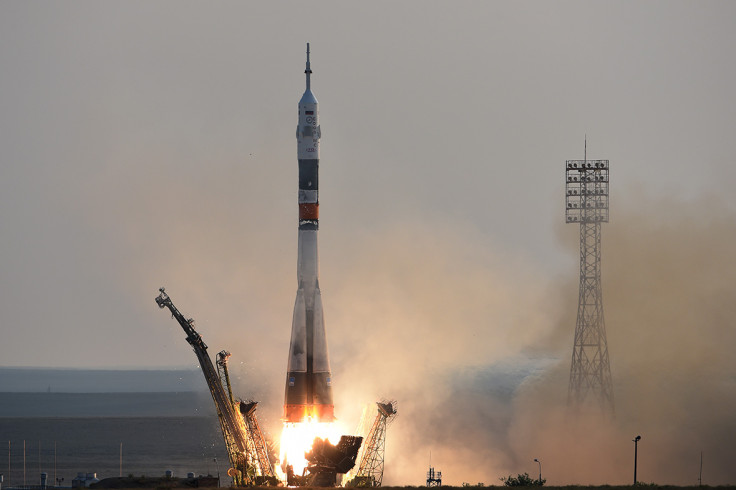International Space Station installs docking port for private spacecraft
New docking bay could be used once Boeing and SpaceX programs are operating.
The International Space Station (ISS) is now equipped to host guests, after two astronauts finished a six-hour spacewalk to install a new docking bay for commercial traffic.
Nasa is describing the new kit as "a metaphorical gateway to a future", while ISS's operations manager believes it is a "very significant milestone on the path to establishing commercial crew capability".
Two Americans currently stationed on the ISS, Jeff Williams and Kate Rubin, fitted the first of two docking adapters onto the orbital facility, which Nasa expects to see more and more use during the coming years.
Describing the new adapter, which was designed by the aerospace company Boeing, as a "parking spot", Nasa's mission control announcer Rob Navias said: "We have a new port of call for the new US commercial crew vehicles."
Nasa claims that the docking equipment is the most sophisticated yet by allowing for automatic parking of spacecraft. Previous methods involved grappling and then berthing space ships in a clumsy process that has to be performed by the astronauts themselves.
The new system will work with two upcoming private space vehicle projects: Boeing's CST-100 Starliner and SpaceX's Crew Dragon, with the first test flights expected as early as next year. Eventually, it will be the way astronauts and private citizens are brought to the ISS.
Ever since Nasa retired the space shuttle in 2011, astronauts have had to arrive at the station using a Russian Soyuz rocket.

SpaceX and Boeing are both developing a new generation of human-crewed spacecraft, which the two companies hope might enter official service by early 2018.
The new docking adaptor has been made open source in the hopes that it will be adopted as a universal international standard.
"A new interface standard out in the public domain for anyone to build to that standard will stimulate competition and stimulate technology," Nasa program manager Shaun Kelley told an interview on NASA TV. "We're entering a commercial sector now. Any company in the world, any country in the world, can build to that standard and be sure that they can be compatible with us."
© Copyright IBTimes 2025. All rights reserved.






















